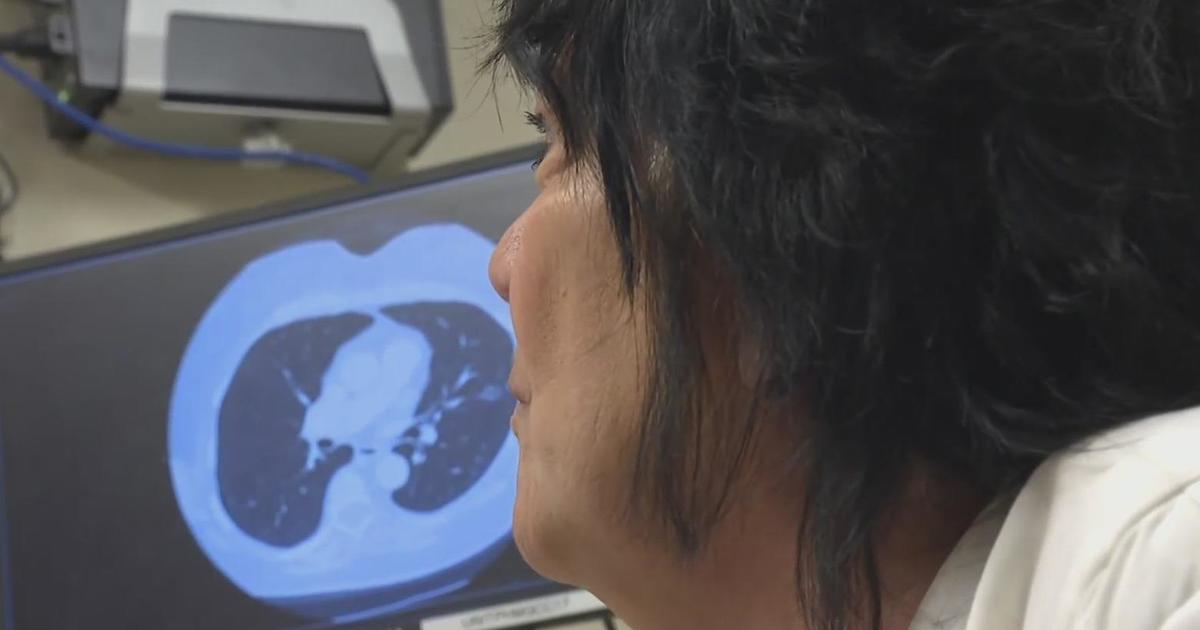WVU Hospitals And Monroeville-Based Company Team Up To Develop Incontinence Solution
MORGANTOWN, W. Va (KDKA) -- Leaking with coughing or sneezing is a problem some women may be hesitant to bring up with their doctors.
While it's not life-threatening, the condition can interfere with daily activities.
"Stress incontinence is mainly when the patients complain they're leaking urine when they're coughing, sneezing, or they're doing exercise," says WVU Hospital's urogynecologist Dr. Omar Duenas.
No one knows why stress incontinence happens, but having given birth and aging are risk factors.
Pelvic floor exercises called Kegels can help, but it can take months of doing them daily before you get results.
Surgery can help, but for some people that might be too extreme
A non-surgical treatment, used since ancient times, is a pessary; a soft, flexible, removable device placed in the birth canal to support the bladder.
But this requires a doctor to fit the patient with the right size and some women are too embarrassed to seek help.
Because of that, doctors at West Virginia University Hospitals participated in a study of a new device that is available without a prescription.
In a multicenter trial, 51 women were given the product to try.
"It's just like a tampon device they insert themselves," says Dr. Duenas.
To prove it was manageable at home, the doctors only told the women to use it. They did not place the device for them.
"These are products that they are not going to be supervised by a provider. So we need to make sure that this is actually a safe device," explains Dr. Duenas.
It's one size fits all. In the study, women said the device was comfortable and stayed in place.
And 70% had decreased incontinence. In fact, 90% wanted to continue using it.
Based on this the FDA cleared the product, made by a Monroeville company. It's sold in drug stores for $35.
The kit contains one silicon pessary, which can stay in place for 12 hours each day. It comes with a one month supply of strings, to help with removal.
"The patients actually showed they were able to do this or replicate what is going to happen in real life," says Dr. Duenas.
In the study, no one developed an infection called toxic shock syndrome, which can occur with tampons. A few women had scrapes or trouble with insertion. It's not meant for women who have dropped organs.
"I can just discuss with my patients there is an option out there that is not surgical," Dr. Duenas says.
But would most women use it? The results were mixed.
"If it was that serious, yeah, I'd probably pick it up."
"No, I wouldn't be comfortable doing that."
"The women who are embarrassed to talk to their doc, it is a privacy thing."
"They should probably still see a doctor."



